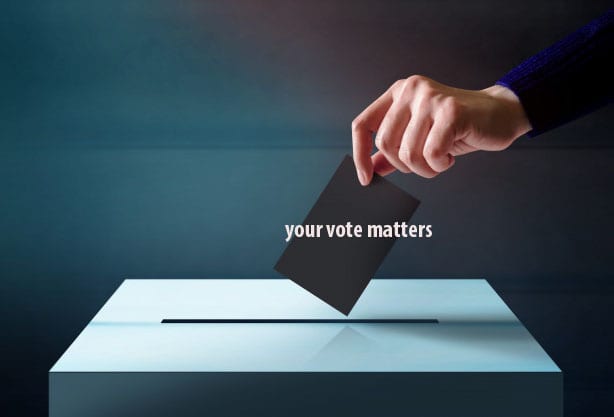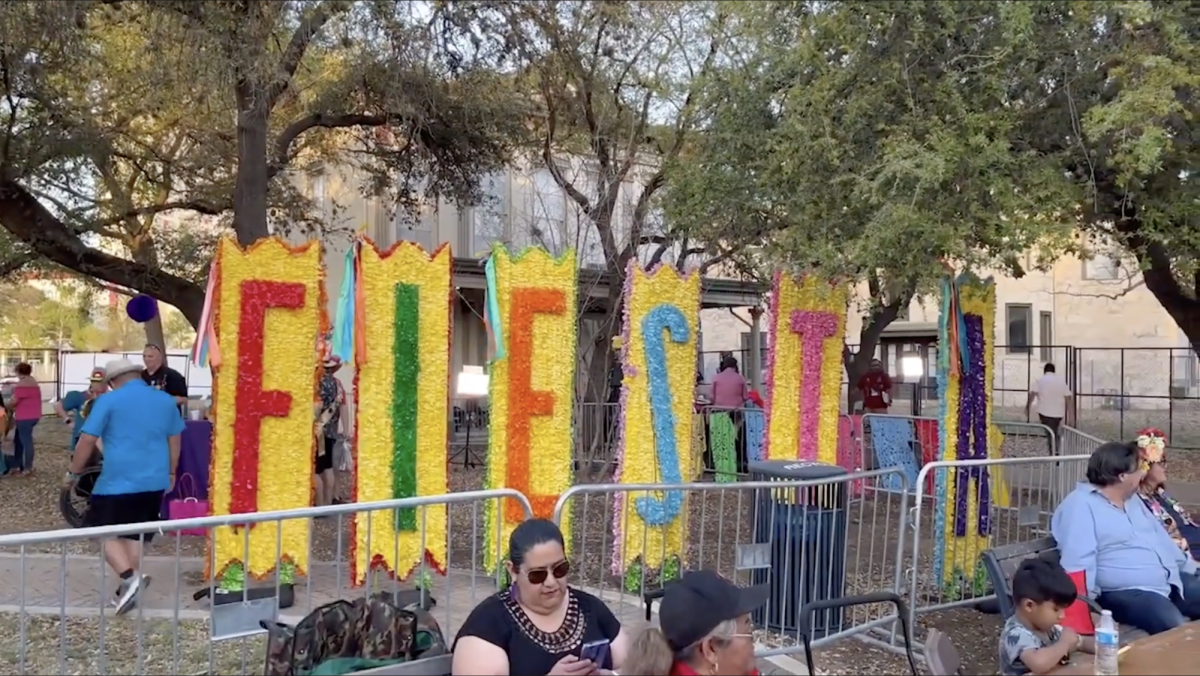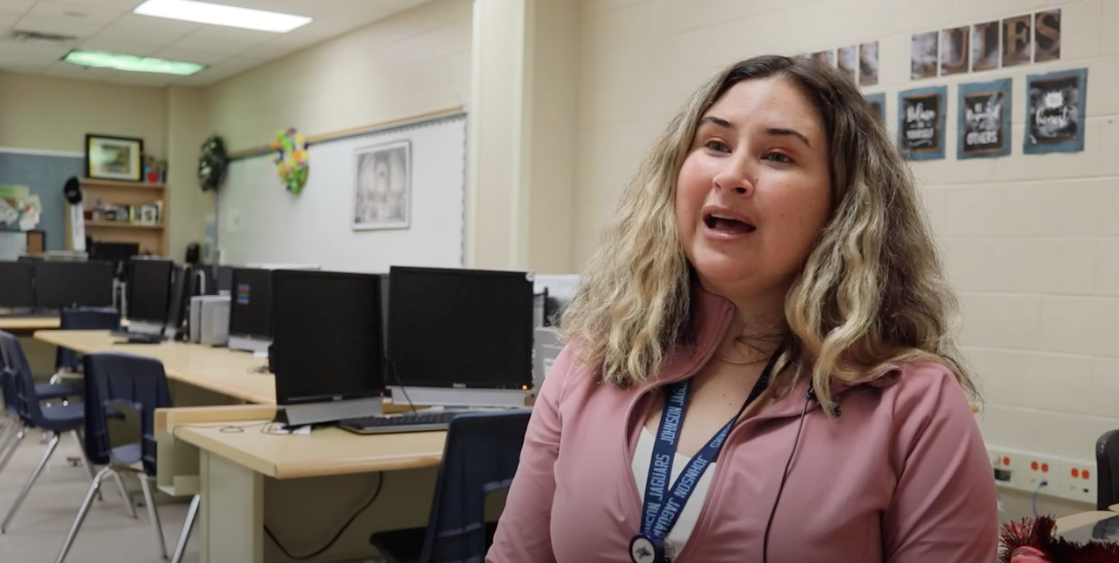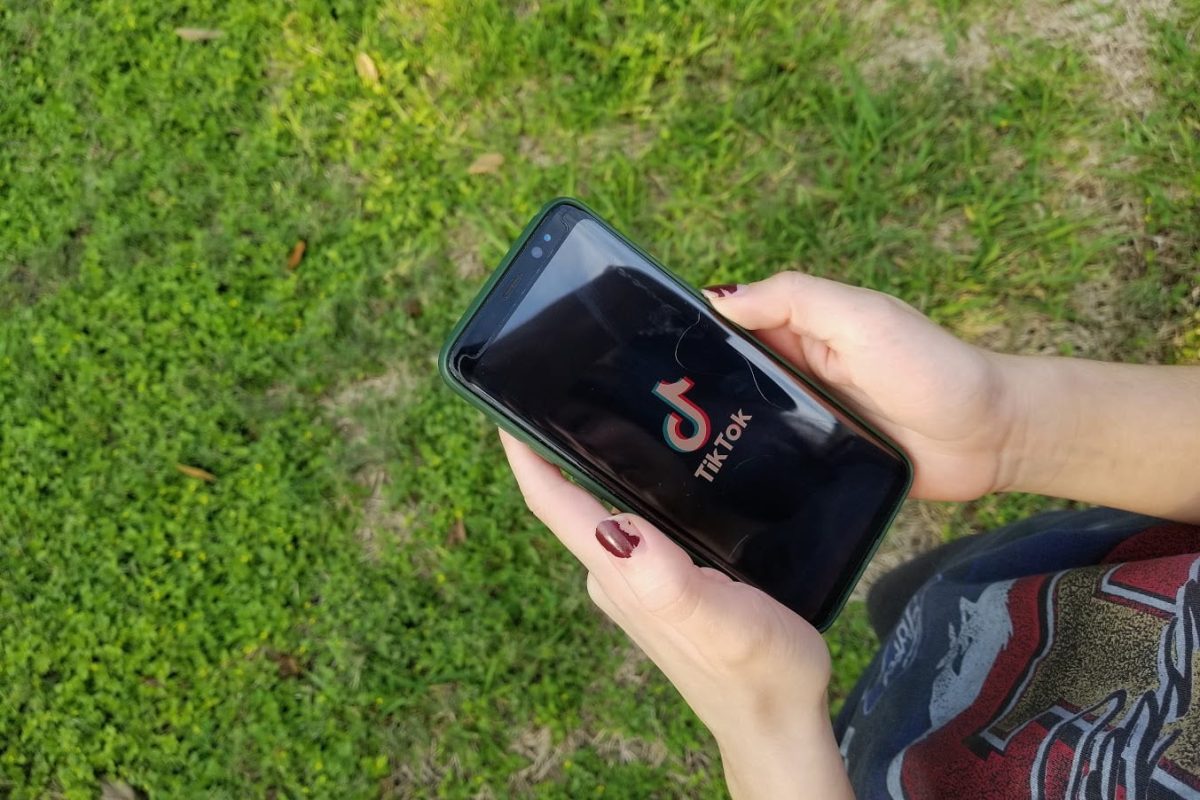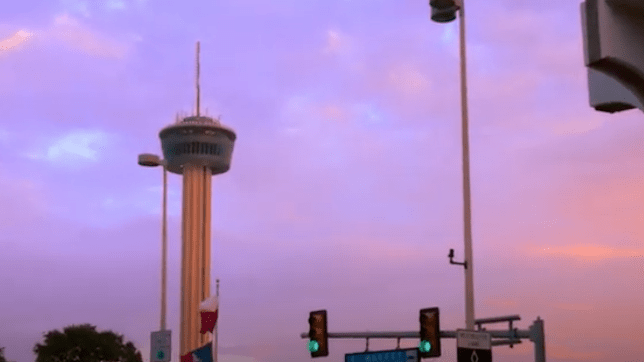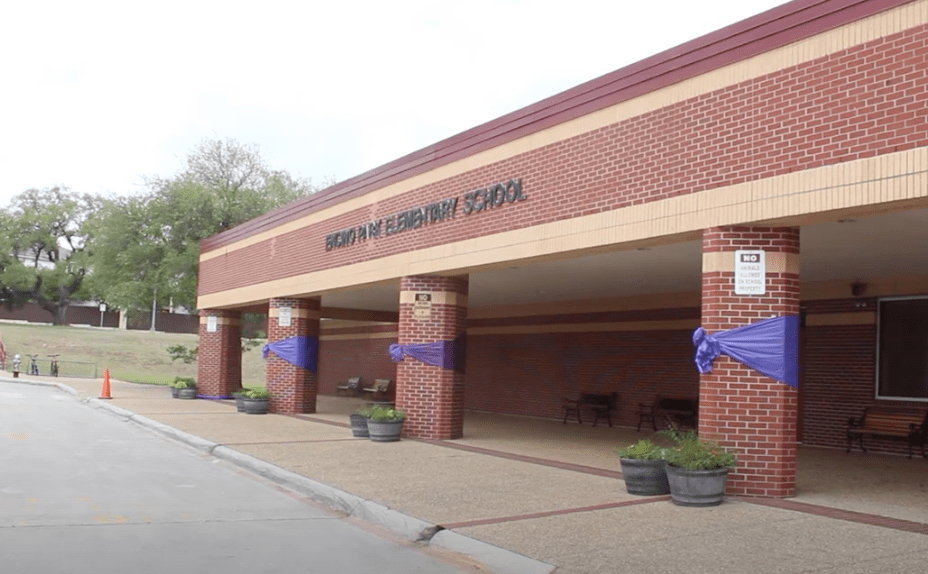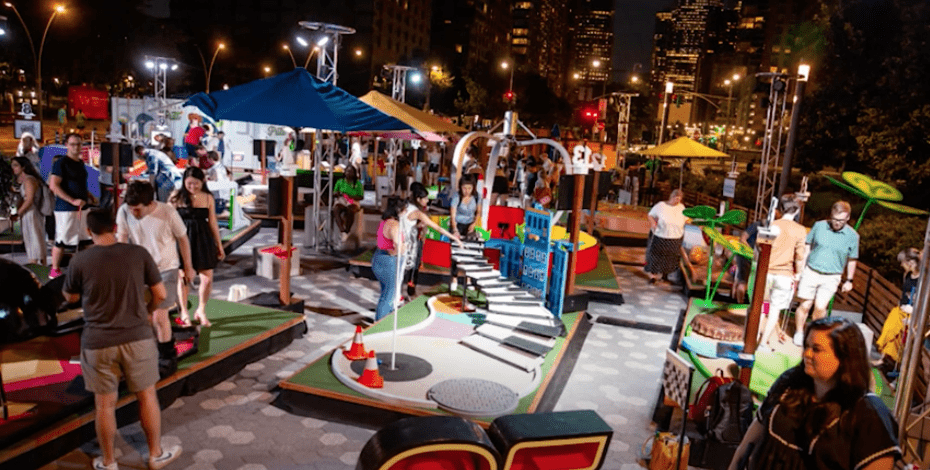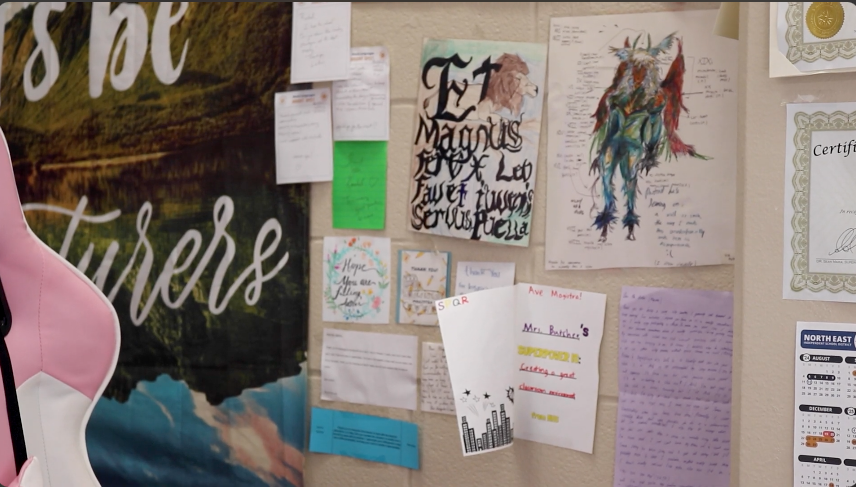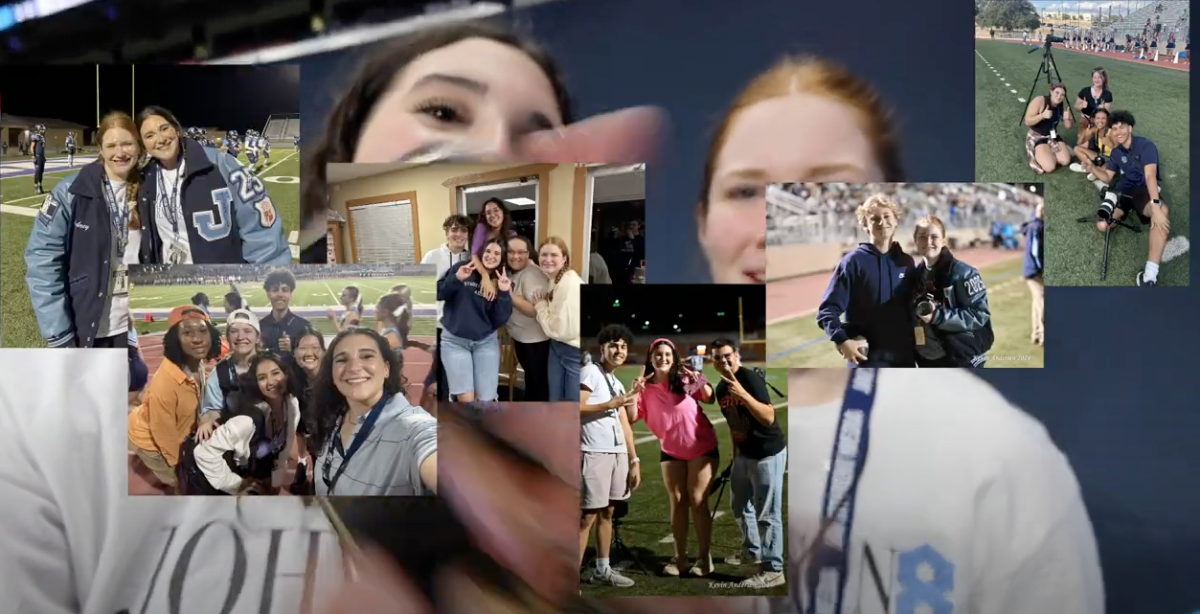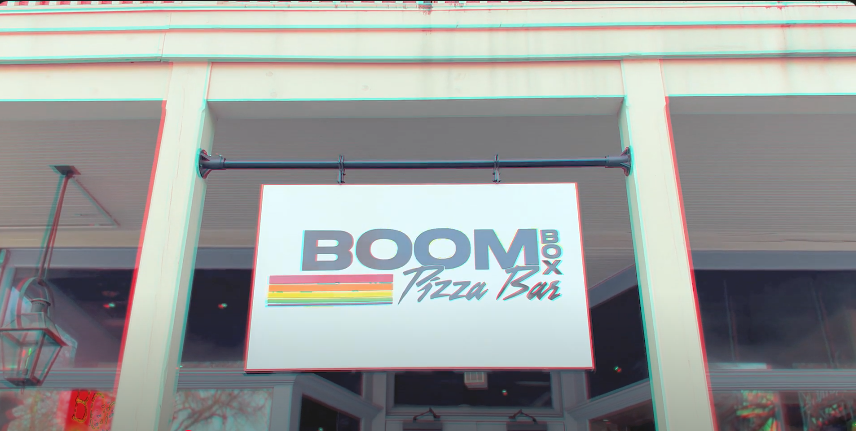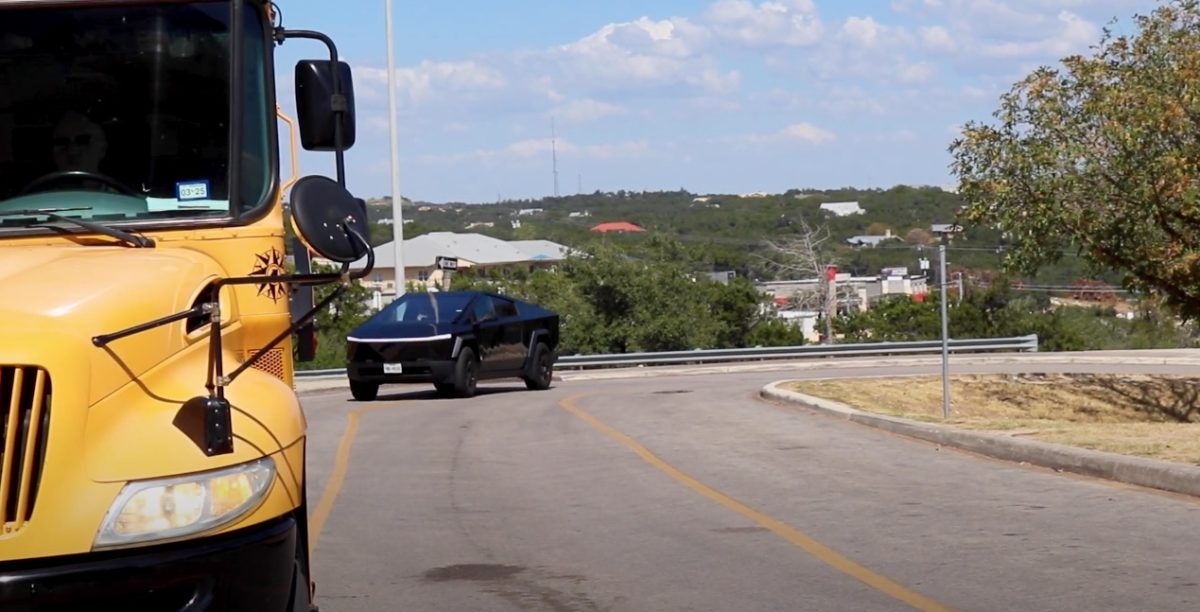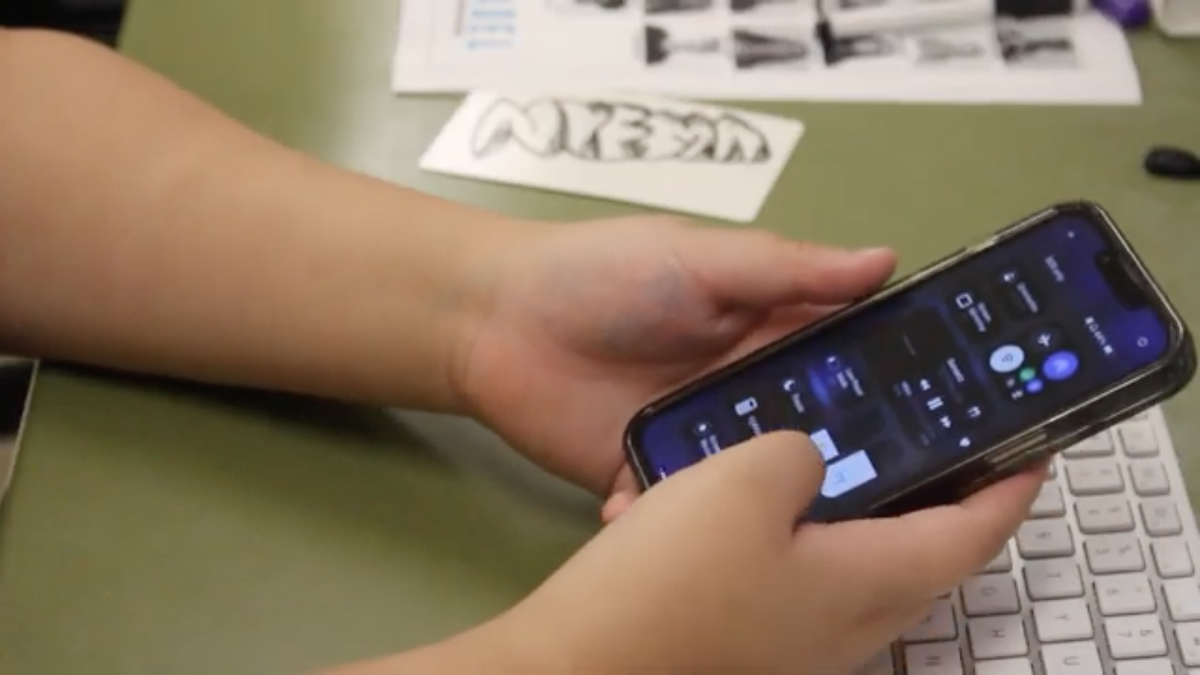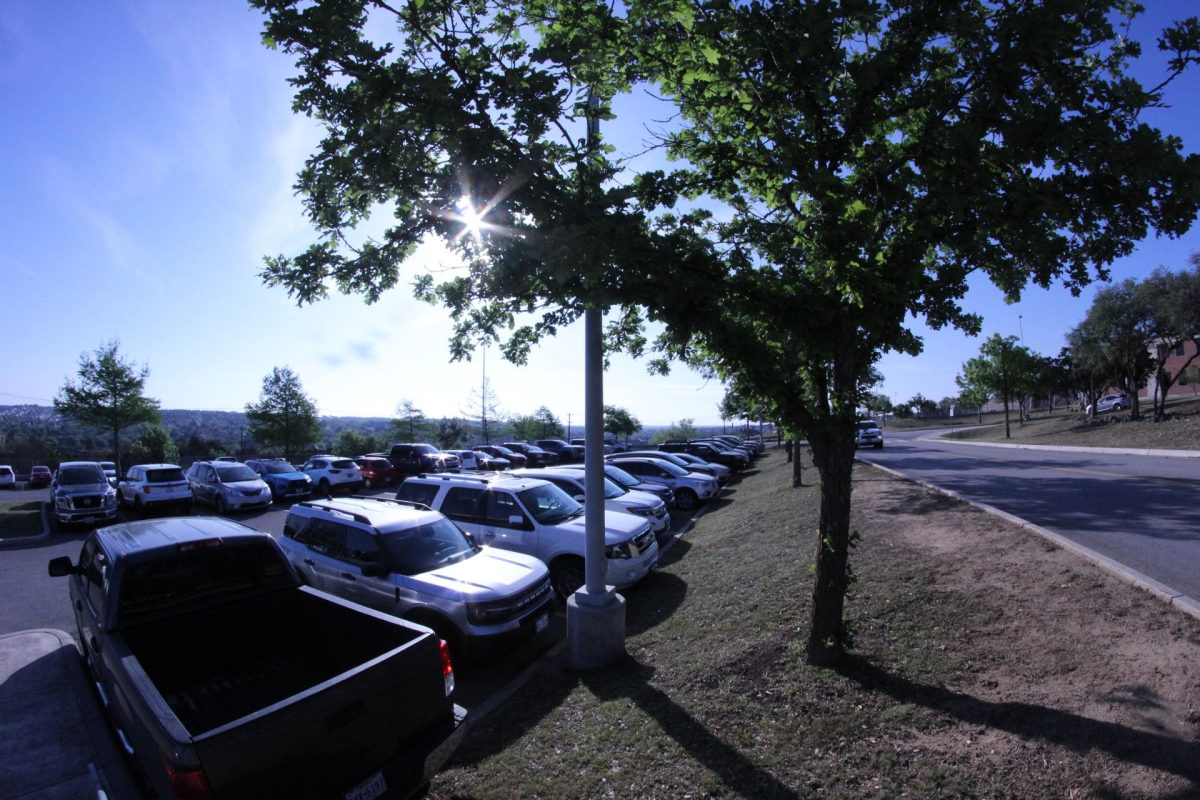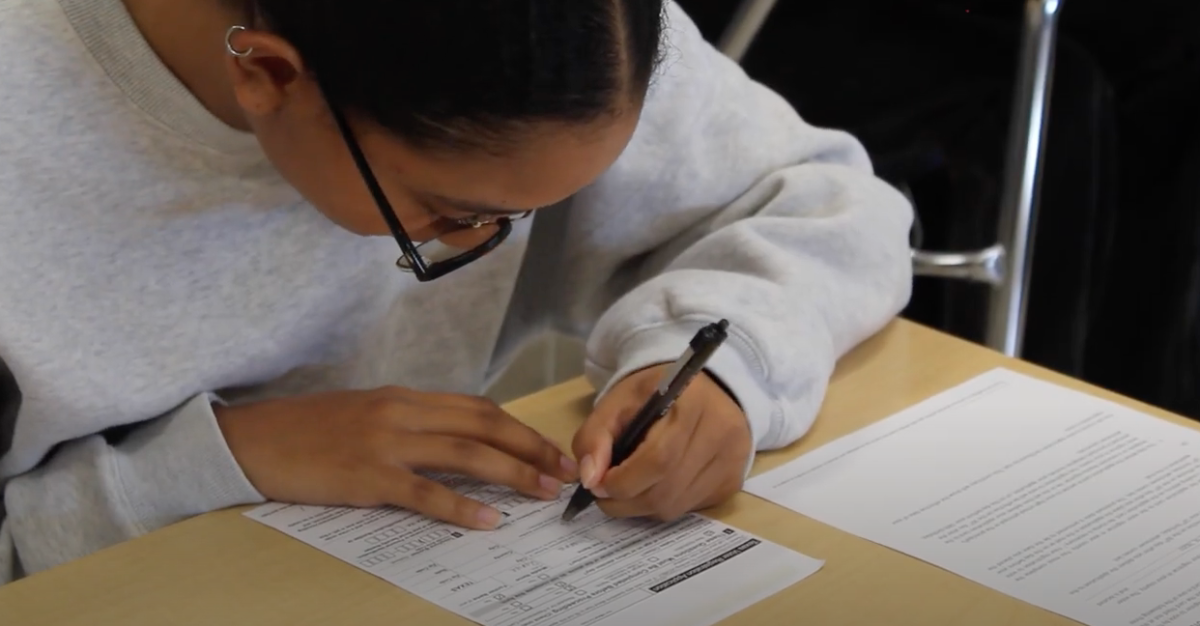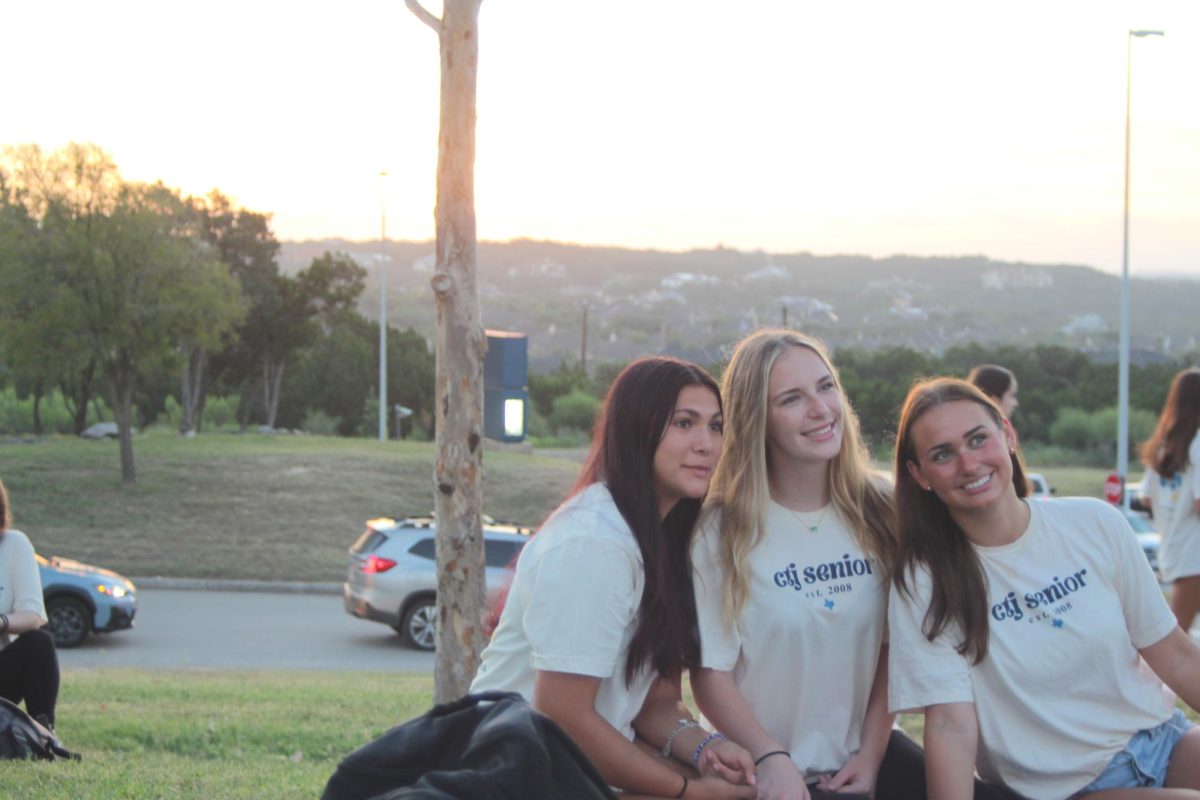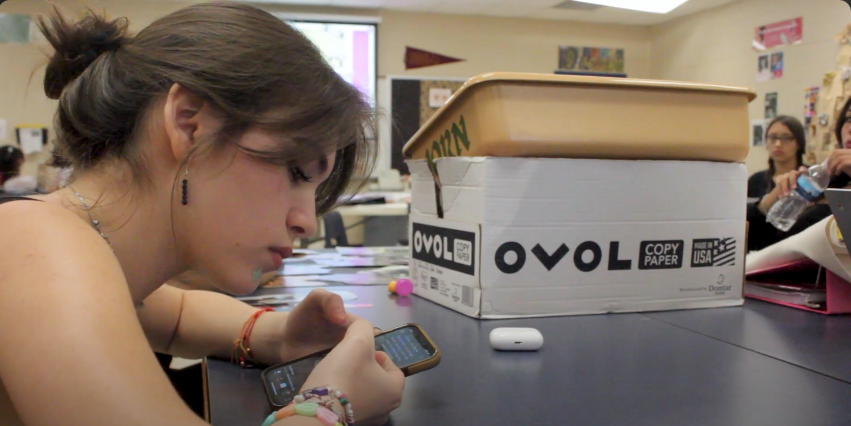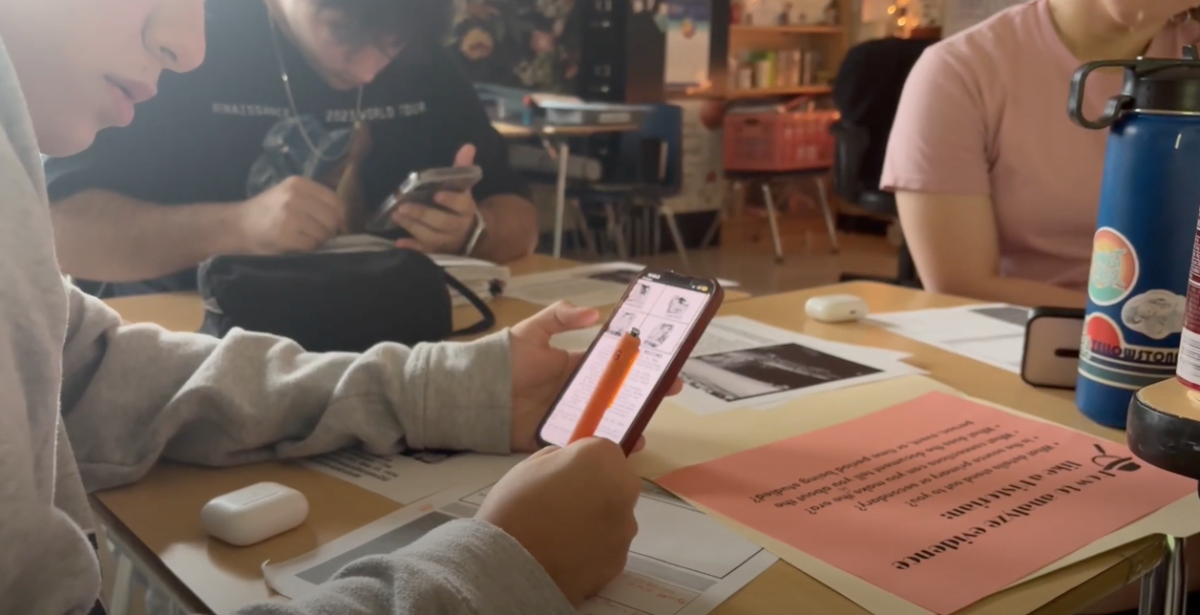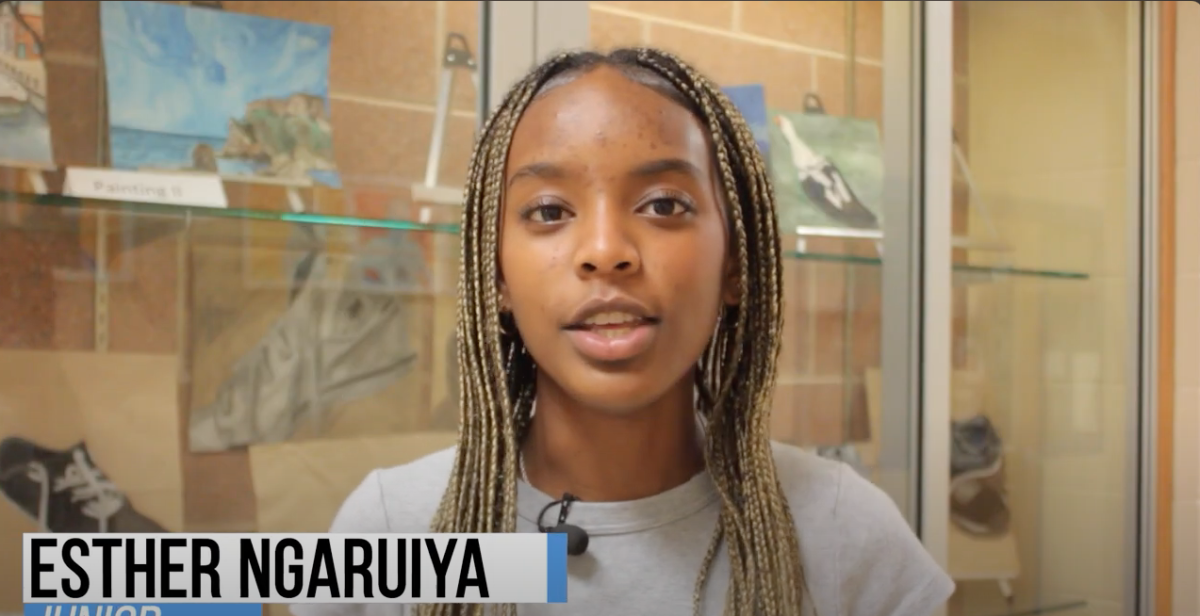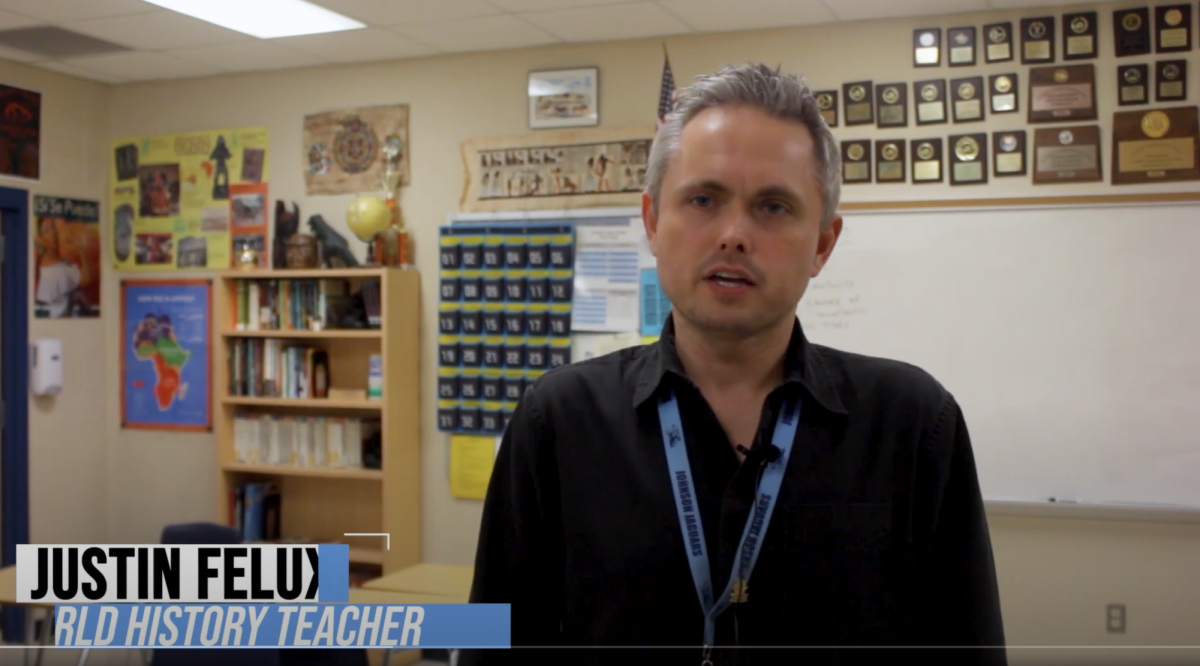by David Kent | staff writer
On Nov. 6, seniors who are registered to vote will be given the opportunity to vote for their first time in the Midterm Elections.
“I’d say it’s very important for me [to vote] because every single vote that goes through counts and I need to have my voice be heard, so I’m definitely going to be voting in the midterms,” senior Connor Sorensen said. “Because we have a lot of people in the United States, it means that I am heard less but that doesn’t mean that I shouldn’t vote, and I think that if I speak out and talk to the people around me, then I think that my voice will be heard.”
The midterm elections marks the first time for a large vote since the 2016 presidential election. Some younger voters are not taking this option for granted.
“I think because this is a really good opportunity for me, high schoolers, and young people in college to really put their voice in the government. A lot of times, the older generations, like they’ll always vote, like sixty and plus, they’ll always vote,” senior Colbi Edmonds said. “People don’t vote a lot because they think that their voice isn’t going to be heard and that their one vote doesn’t matter, but if a whole age group of people are thinking that then it’s not going to make a change. But if a whole age group gets together and says, ‘Yes we are going to vote,’ then our voices and our new thoughts are going to be pushed into the government.”
Since the 2016 presidential election, voters on both sides have experienced reactions to changes in the political climate.
“I think that a lot of people that were elected into office and the decisions that they’re making in office are not like really reflective of like what a lot of our society thinks,” Edmonds said. “It’s like some of the decisions I don’t agree with so I feel like a lot of people don’t agree with them also and if we all vote then we can make a more positive change, rather than the same things keep happening.”
And even though some voters feel galvanized in their choices, younger votes could be finding themselves identifying with ideas on both sides.
“I would say some things I believe wholeheartedly with the Republican stance, and some things I agree with the Democrats. For instance, I do not agree with abortion. I do not agree with that whatsoever which is a big thing for the Democrats. On the other hand, I [do] align myself with a lot of the things of the Republicans except I think that they are cracking down too hard on certain things,” Sorensen said. “I think that they should focus more on gun control. I believe [and] think that’s a huge thing, and then I think that they should be lightening up a bit on immigration policy just a little bit. I’d say that I don’t affiliate myself with either party so I am looking to vote for the best people, the people that I agree with most. Just the people in general that I think are a really good politician, I don’t necessarily look at their party, but I just say, ‘hey are they a good person, are they looking to put forth the things that I agree,’ with and then I go and vote for them.”
But even younger voters understand the impact the 2016 election had on the choices they can make now.
“Well first off, obviously Trump getting elected,…that definitely polarized the two parties. That means that there’s a lot more like radical Republicans and radical Democrats, and so that has sort of split them a bit. There has been a bit of trying to bridge but there has mainly been…radicalizing it,” Sorensen said. “And what makes this so crucial is [that] their are some definitely ‘response-politicians,’ sort of a response to the 2016 election in a way, and who gets put into place here, could possibly change…policy in general and could lead to a change in like future presidential elections honestly.”
Regardless, younger voters have heard the calls to step up that are coming from social media and are ready for Nov. 6.
“I think this election is different and I’ve seen a lot more young people wanting to vote. In previous years I haven’t been able to vote but it hasn’t been this been thing like go out and vote and make your voice heard; like I’ve seen little things, but nothing like this. Like this is a really big movement that I’ve been seeing like Twitter, Instagram, everywhere I’ve been seeing is like ‘You need to vote. You need to go out and vote.’ I think a lot of this spurred from Trump being elected that people realize, ‘Okay if I sit home and don’t vote my voice is not going to be heard.’ And I think this is going to make a really big impact.” Edmonds said


